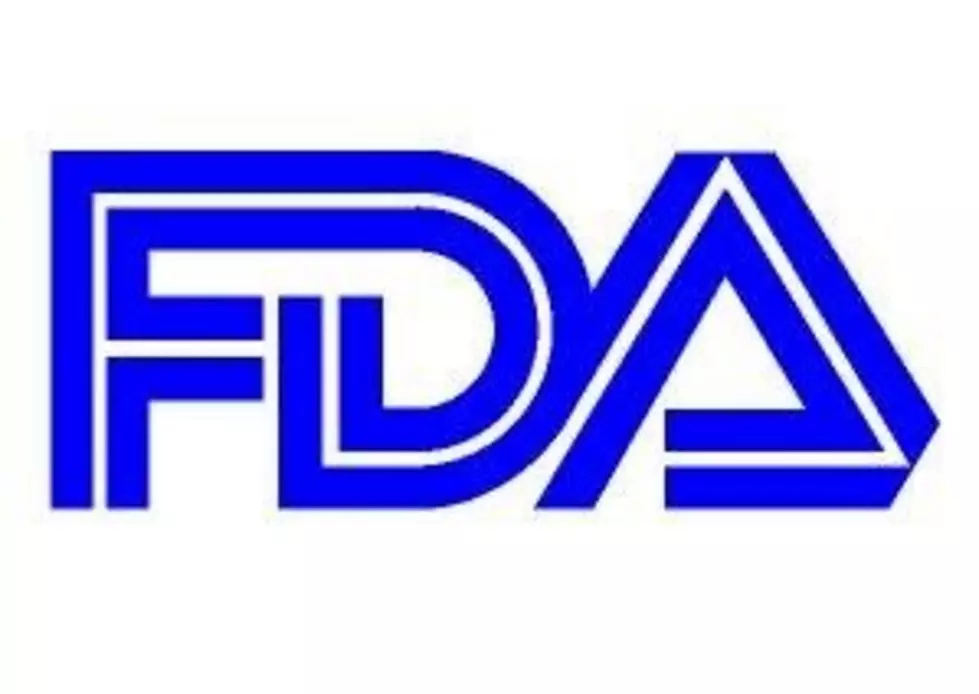
Dairy Industry Continues To Curb Antibiotic Use
Animal agriculture has answered the call for reducing antibiotic use on the nation’s farms in recent years. By partnering with herd veterinarians and improving management techniques, producers are making progress toward strategic use of antibiotics within their herds.
Appropriate use of antibiotics has been a hot topic in the dairy industry for more than a decade — and it is changing how dairies operate for the better, says veterinarian Dr. Michael Capel. He practices in western New York, the heart of the state’s dairy industry.
“I think dairymen are always looking to do a better job and to take better care of their cows. They’re always looking to reduce expenses, but they’re always looking to make sure that their cows are the healthiest, and they have the best techniques and tools and strategies for taking care of their cows.”
That includes, he noted, a responsible use of antibiotics.
“Antibiotics have been a wonderful invention in human medicine and in animal medicine. It’s a wonderful tool that we have to treat the disease, but…I think as with any one of those tools, it’s pretty critical that we use them in the right way. The more preventative and proactive we are in that world, the better off we’re going to be.”
In 2017, the Food and Drug Administration enacted the Veterinary Feed Directive, VFD, as a way to promote judicious use of feed-grade antibiotics. Capel said the move was beneficial, because it resulted in a closer link between farmers and veterinarians.
“It got the veterinarian involved in different management aspects of the dairy, and mostly, the heifer raising operations in this case, as we’re not allowed to use antibiotics in feed for lactating cattle. Really a wonderful story to tell there in the reduction of antibiotic use overall. Since the high watermark of antibiotic use for the animal agriculture industry in 2015 to 2017, we have reduced use by over 40%.”
Greater attention to proactive management strategies like nutrition, facility design and vaccination protocols, have the potential to minimize the need for therapeutics, Capel said. And lower the risk of disease, improve performance and overall animal health and well-being — all important considerations for both producers and consumers.
“Antibiotic stewardship is really critical for our industry today. We are heavily scrutinized by lots of consumers and consumer advocacy groups…and I think it’s really important that we can have antibiotics as a management tool, but that we can also defend their use and how we’re using them and be proud of the decisions and choices that we’re making.”
Click Here to learn more about Holstein Association USA.
More From PNW Ag Network









